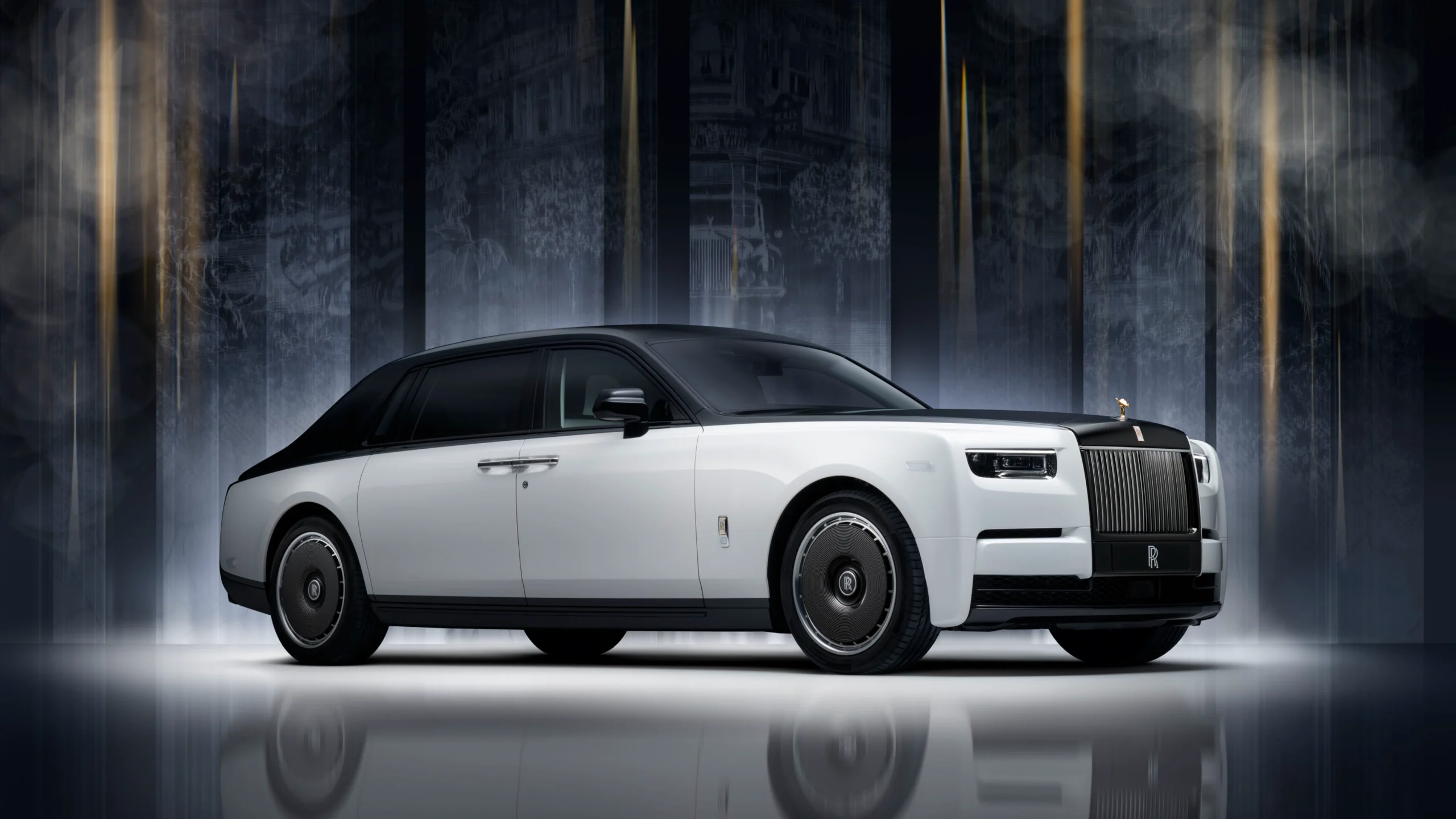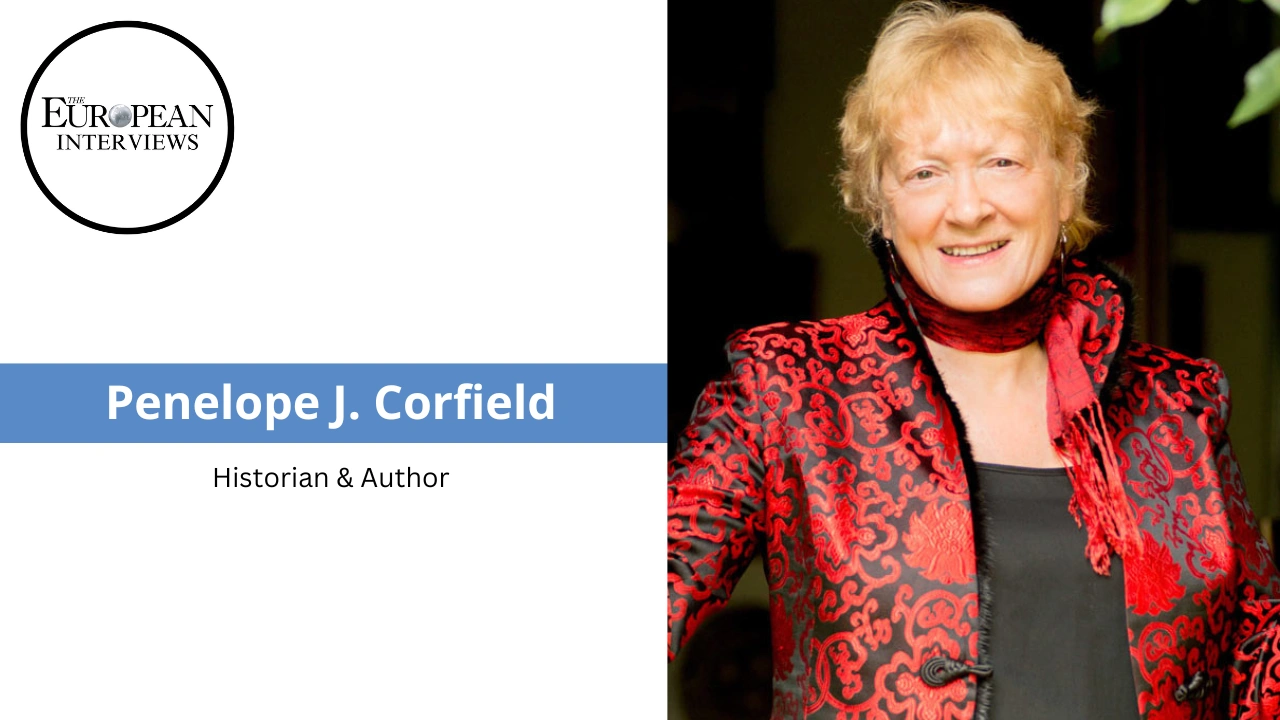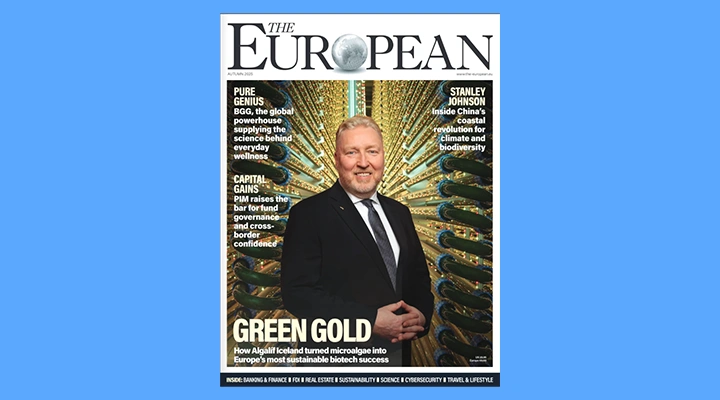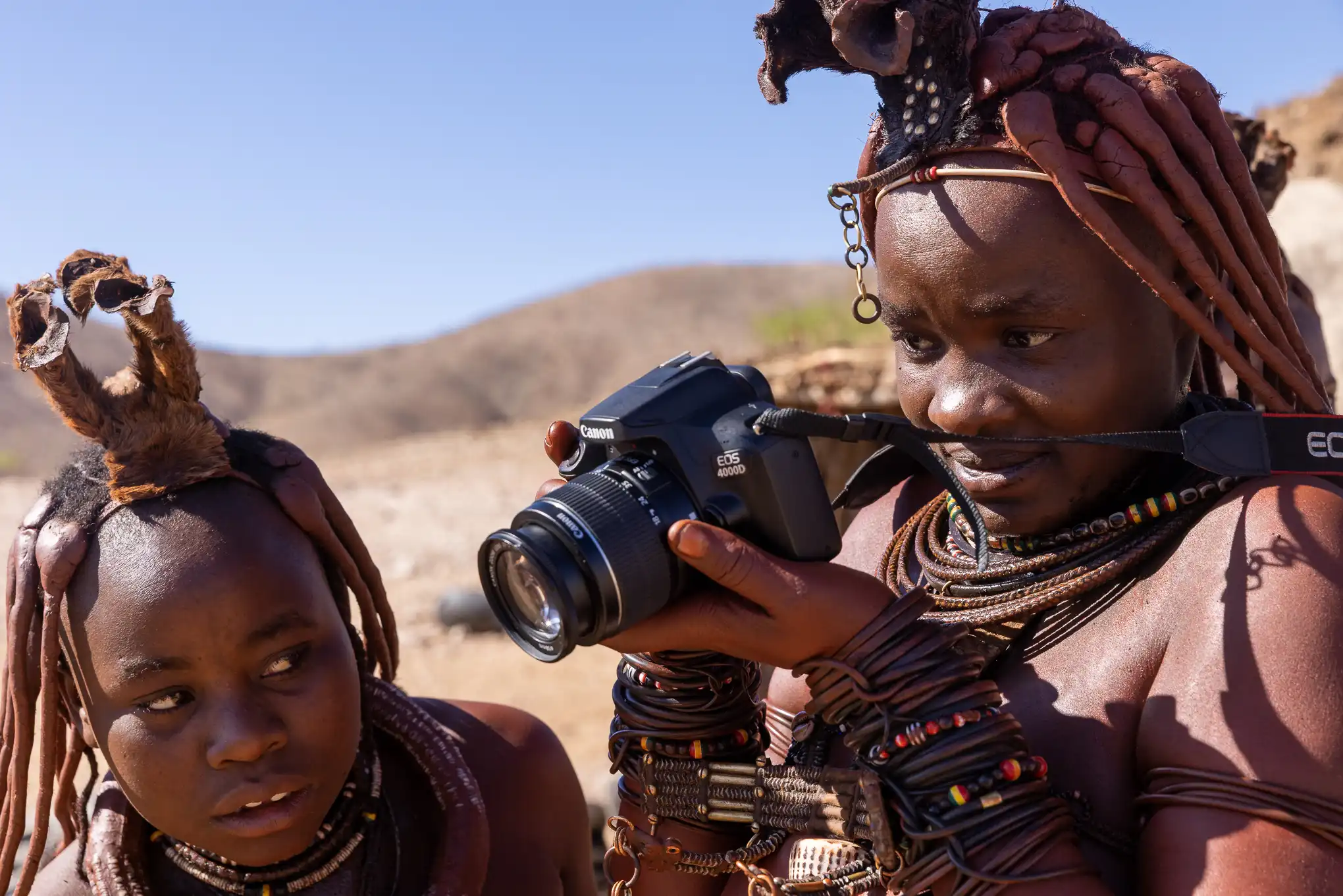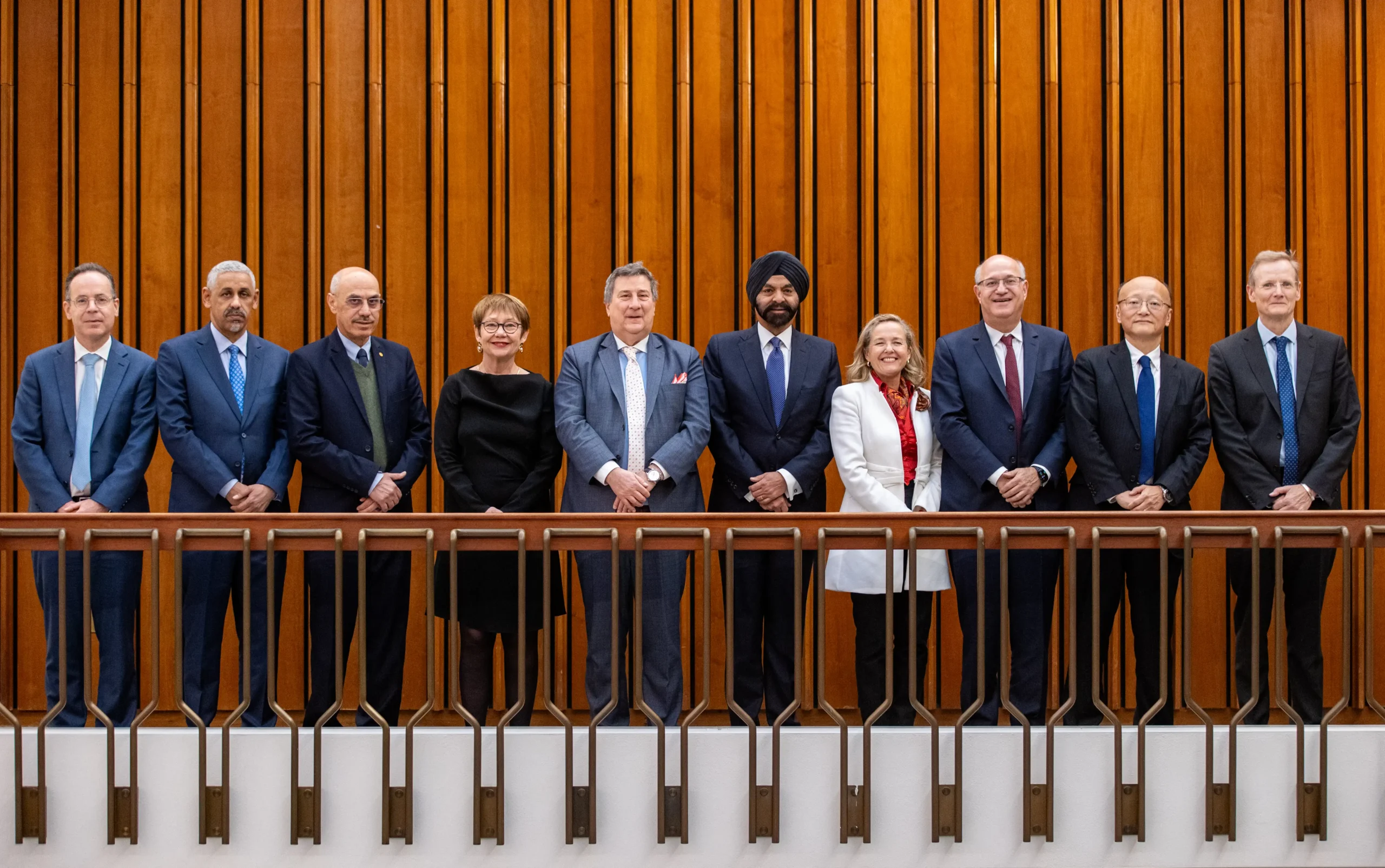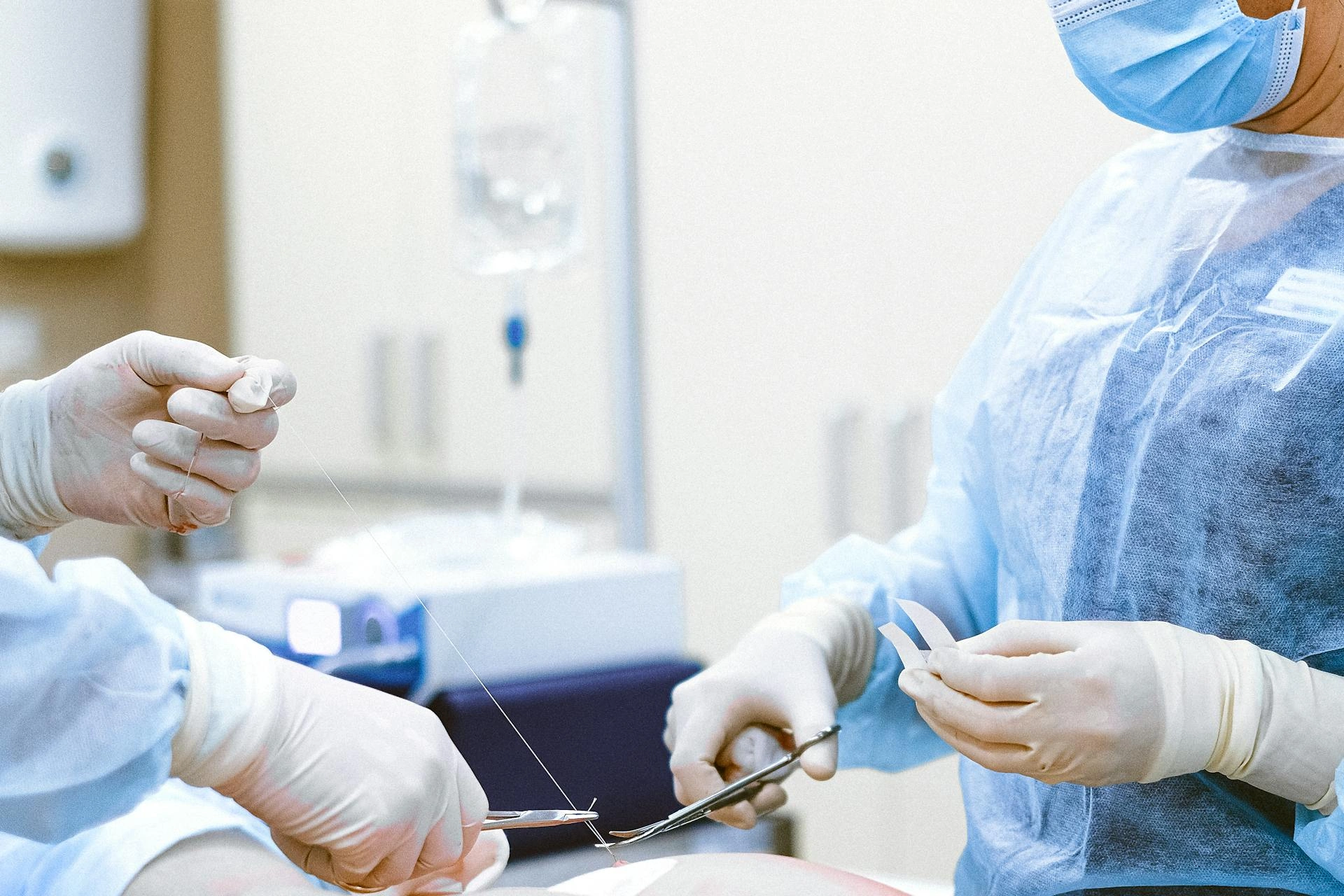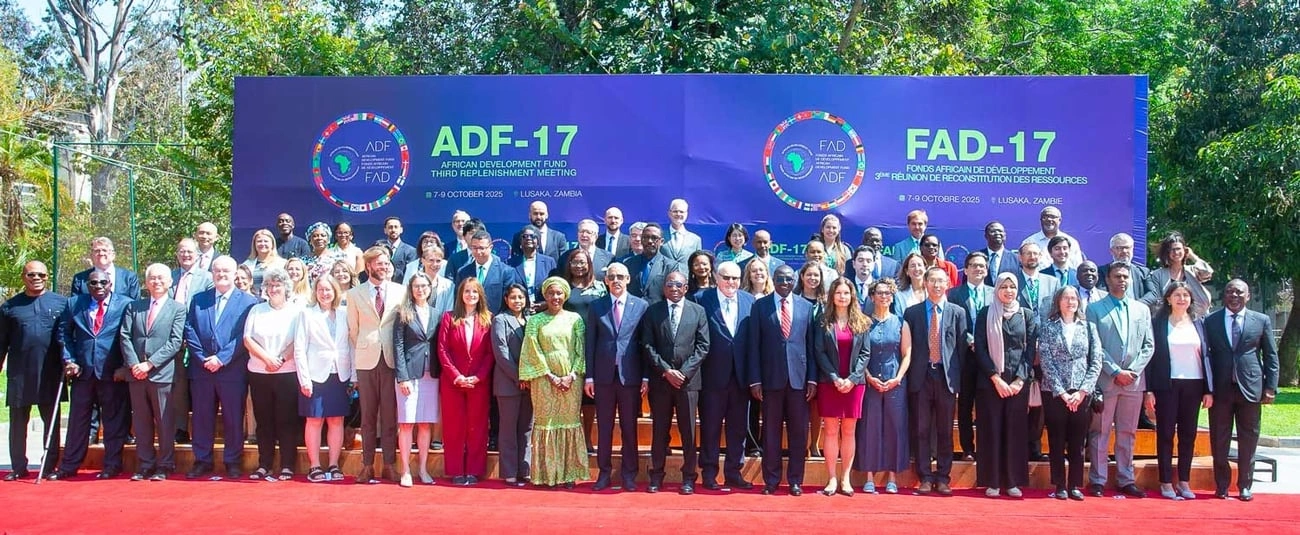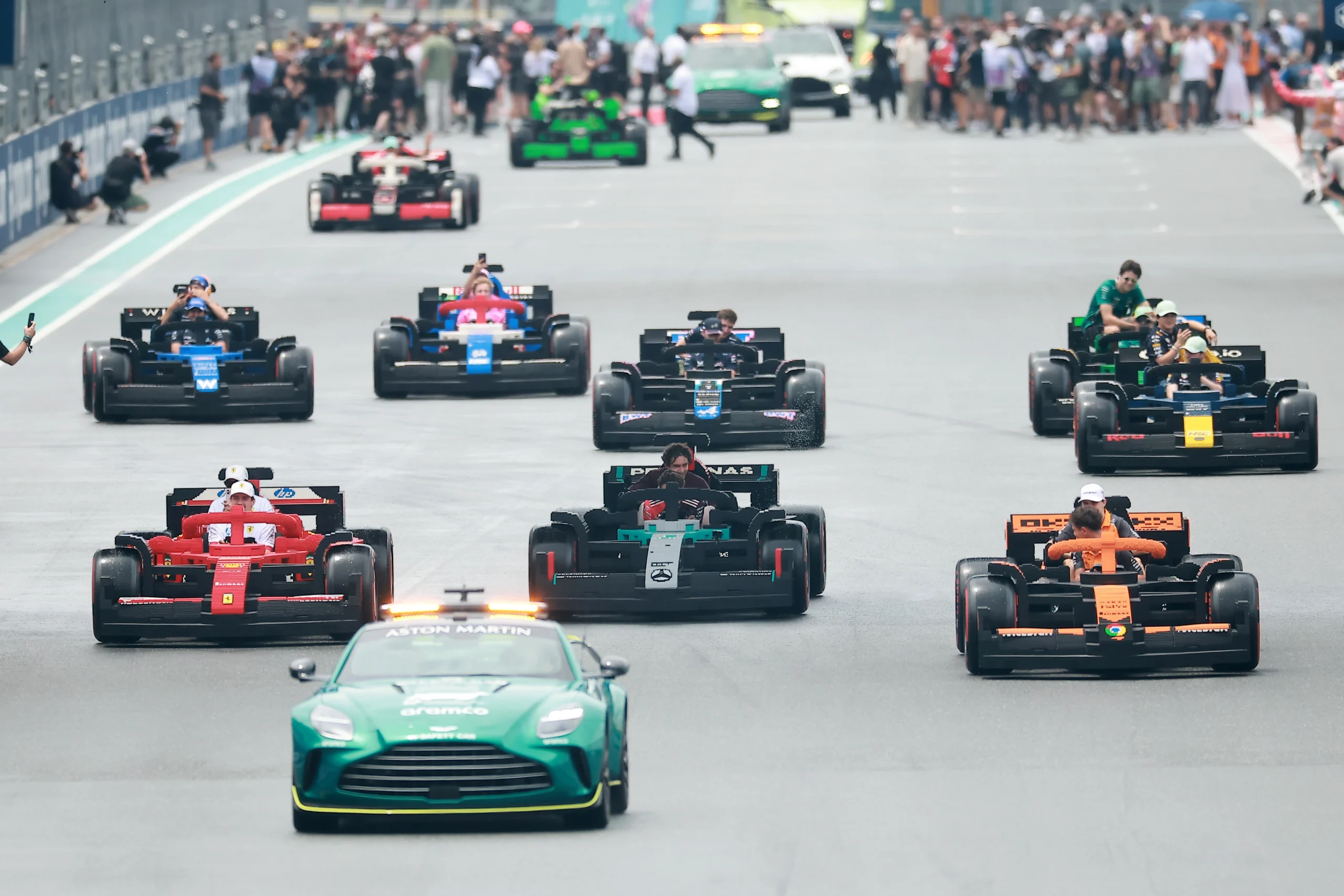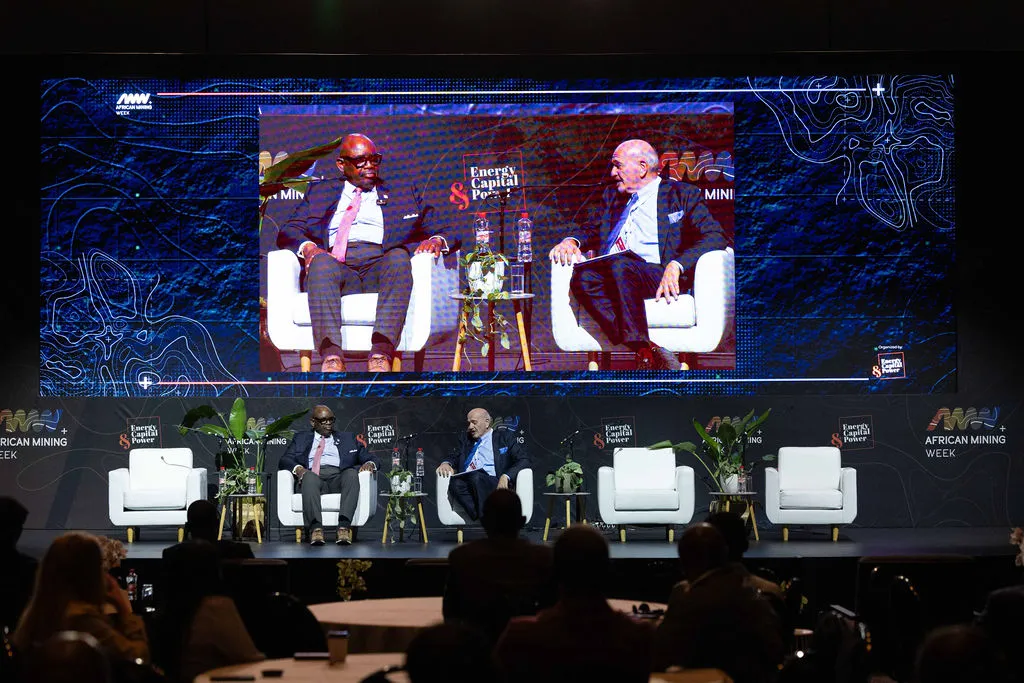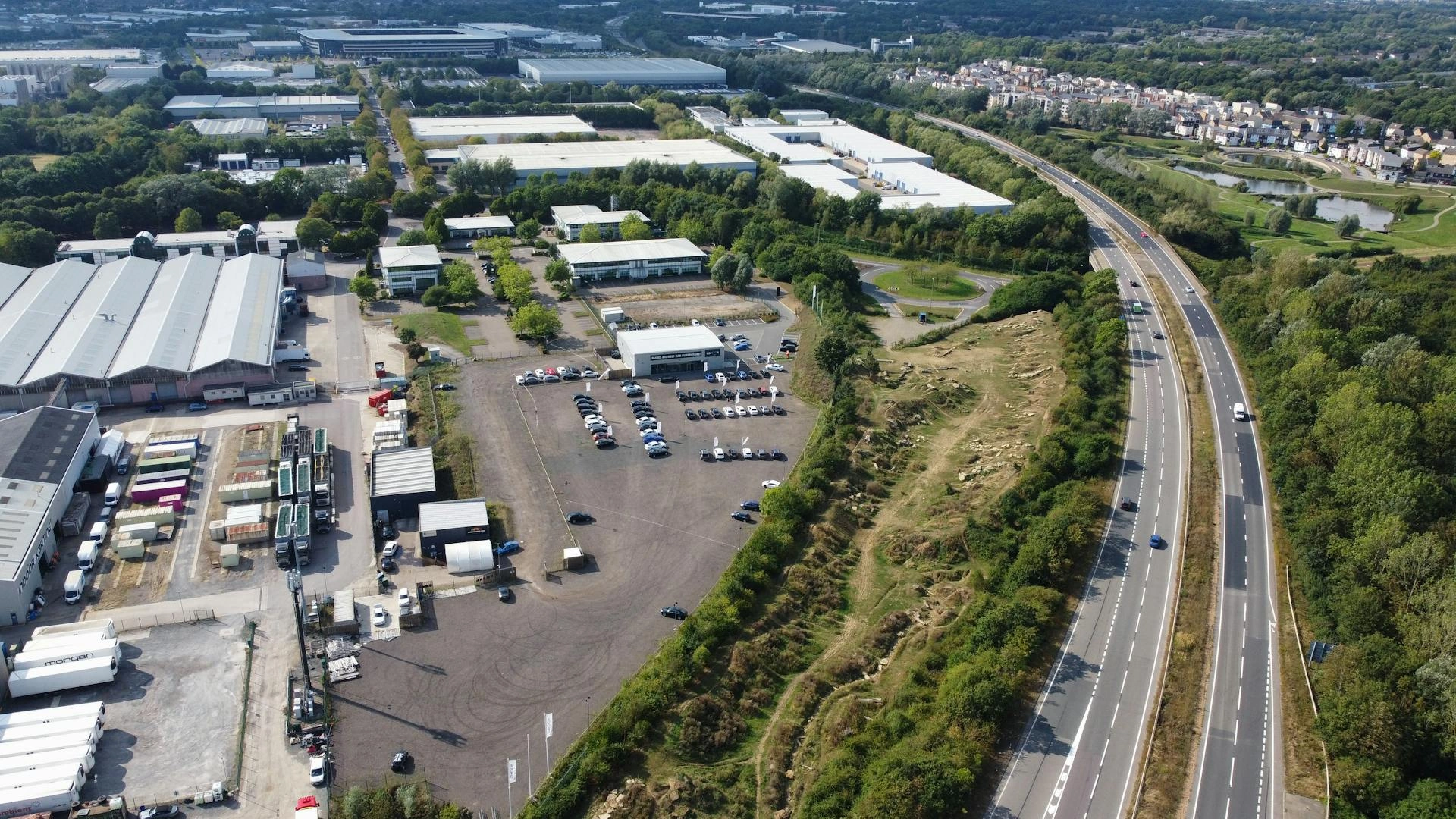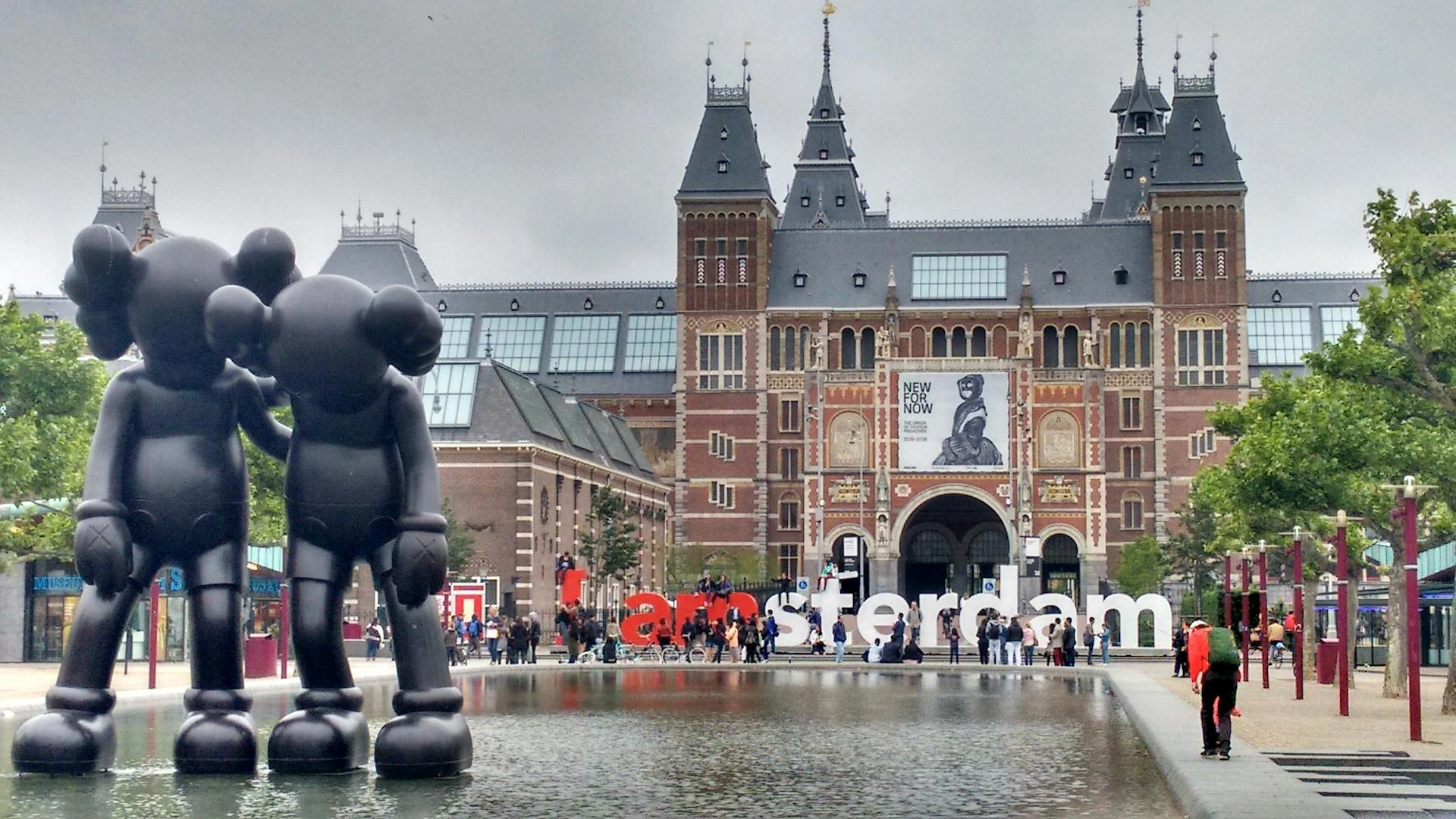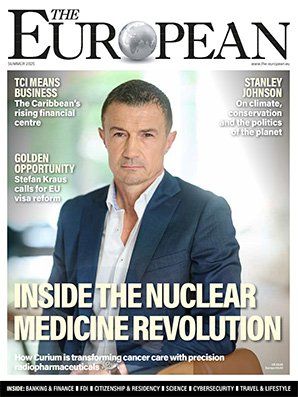Penelope J. Corfield on the secret gestures that shape society

John E. Kaye
- Published
- Science, Technology

Professor Penelope J. Corfield, the eminent British historian, hit the headlines last year after revealing the roots of the modern fist bump. Her groundbreaking research also uncovers how simple gestures—like the handshake—evolved from social rituals into everyday habits, shaping the way we connect today. She pulled no punches with The European’s Oliver Stansted
“Humans have notably prehensile hands, with which they do many clever things,” wrote the eminent British historian, Professor Penelope J. Corfield, in 2024. Unfortunately, as she noted in a research paper published by Cambridge University Press, hands can also be used by “incorrigible humans” in far less noble ways.
Her groundbreaking study, Egalitarian Greetings: The Social Spread of the Handshake in Urbanizing Britain, 1700–1850, was notable for three reasons. First, it was the first to prove that the handshake—so ubiquitous today—was not in widespread use until 1850. Second, it traced the deep historical roots of the fist bump, revealing that when boxers touch gloves before a fight, they are unknowingly carrying on a tradition that dates back centuries—a ritual of signalling peaceful intent before competition. And third, it was the first academic study to explore how seemingly trivial human gestures reflect far greater social transformations.
Piecing together this hidden history was no easy feat.
“Everyday gestures often go unnoticed in history, but they shape society just as much as wars and revolutions,” Corfield told The European in a rare interview.
“Many historians focus on grand events and figures, but it’s the small, unspoken rituals—easily lost to time—that reveal how people truly lived. These seemingly trivial details often hold the key to understanding deeper social transformations.”
Her 2024 paper garnered worldwide attention, cementing Corfield’s reputation as one of the foremost authorities on British social history, particularly the 18th and 19th centuries. But in truth, Corfield had been shaping the field for decades.
Educated in Britain, Corfield built her academic career in London, working across multiple institutions of the University of London, a fitting base for someone so deeply engaged in the study of Britain’s evolving society.
She has lectured across Europe, Australia, the United States, and Japan, where she has held prestigious visiting fellowships.
As President of the International Society for Eighteenth-Century Studies (ISECS) from 2019 to 2023, she expanded the organisation’s global presence, welcoming new national societies in India, Tunisia, and Ukraine—a milestone moment in the study of early modern history.
Despite her academic standing, Corfield has never been content with history confined to textbooks and lecture halls.
“I’ve always been drawn to patterns in human behaviour that transcend time,” she explained. “It’s not just about events but also about how societies evolve through the ordinary things people do every day: their greetings, their customs, the habits they rarely think to write down.”
Her 1995 book, Power and the Professions in Britain, 1700–1850, examined how professional occupations shaped modern British society. Later, The Georgians: The Deeds & Misdeeds of Eighteenth-Century Britain (2022) painted a vivid picture of the quirks, contradictions, and shifting social landscapes of the era.
But it is her recent work on everyday human behaviour—such as the handshake—that has sparked fresh conversations in both academic and cultural circles.
Corfield’s research uncovered unexpected connections between modern customs and long-forgotten traditions. The fist bump, for example, has its roots in centuries-old rituals of peace and fair play, particularly in combat sports. Bare-knuckle fighters in the 18th century would shake hands before a match, a gesture later adapted into the modern glove-touching ritual in boxing.
More broadly, her study revealed how the handshake gradually replaced older forms of social greeting, such as hat-tipping and deep bows, as Britain became more urbanised, and class distinctions blurred. By 1850, what had once been a niche practice among merchants and Quakers had become a near-universal greeting across all levels of British society.
And her findings don’t just explain the past—they offer a glimpse into the future.
In Egalitarian Greetings, Corfield predicts that the handshake is emerging as a global standard of greeting, balancing between cultures that avoid physical contact (like the formal Japanese bow) and those that embrace it (like the Russian bear hug). In a world that is increasingly interconnected, she suggests, this simple act may become the ultimate cross-cultural gesture of respect.
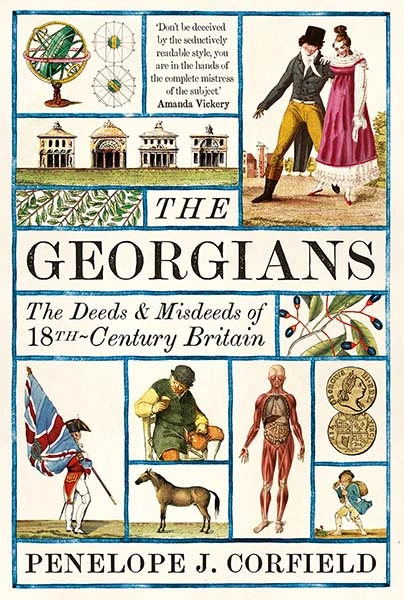
Corfield’s ability to connect the smallest of habits to the largest of historical forces is what makes her work so distinctive. Her interest in ‘Big History’—the study of long-term, global patterns—has led her to examine how human civilisation itself has evolved over millennia.
Her upcoming book, Time-Space: We Are All in It Together (Feb 2025), takes this approach even further. A mix of historical analysis, social theory, and philosophy, it explores not just how societies change, but how humans experience time itself.
Corfield, a self-proclaimed “optimist and lover of Planet Earth”, remains tangibly engaged with the present. A prolific blogger, she frequently writes about history’s relevance in today’s world, tackling topics from identity politics to the unseen threads that connect societies across time. One of her most widely cited posts, All People Are Living Histories, challenges the idea that history is confined to the past.
“We are all making history, whether by what we do or by what we don’t do,” she said. “History isn’t just something to be studied but something we live every day.”
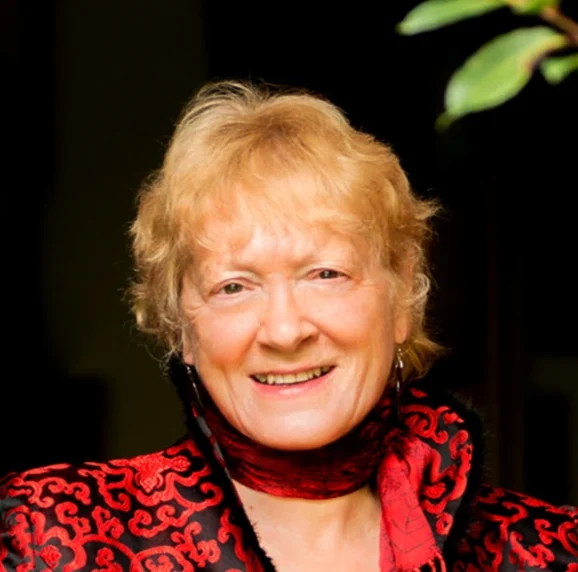
Further information
www.penelopejcorfield.com
Penelope’s blogs are available at www.penelopejcorfield.com/monthly-blogs
Sign up to The European Newsletter
RECENT ARTICLES
-
 New £2.5 million Rolls-Royce Phantom marks model’s centenary
New £2.5 million Rolls-Royce Phantom marks model’s centenary -
 UK faces surge in major cyber attacks, NCSC warns
UK faces surge in major cyber attacks, NCSC warns -
 Historian warns climate denial is causing “immense harm” as humanity nears a “major crunch point
Historian warns climate denial is causing “immense harm” as humanity nears a “major crunch point -
 The European Autumn 2025 edition out now
The European Autumn 2025 edition out now -
 Study finds creative storytelling boosts confidence and career prospects for young people
Study finds creative storytelling boosts confidence and career prospects for young people -
 Global development banks agree new priorities on finance, water security and private capital ahead of COP30
Global development banks agree new priorities on finance, water security and private capital ahead of COP30 -
 South African students develop tech concept to tackle hunger using AI and blockchain
South African students develop tech concept to tackle hunger using AI and blockchain -
 Global startup expo enters final day in Dubai as Expand North Star marks a decade of innovation
Global startup expo enters final day in Dubai as Expand North Star marks a decade of innovation -
 Bleisure boom turning Gen Z work travel into ‘life upgrade’
Bleisure boom turning Gen Z work travel into ‘life upgrade’ -
 Automation breakthrough reduces ambulance delays and saves NHS £800,000 a year
Automation breakthrough reduces ambulance delays and saves NHS £800,000 a year -
 AI found to make people 15% more likely to lie, study warns
AI found to make people 15% more likely to lie, study warns -
 Global aerospace composites market to triple by 2034 as demand for lighter, greener aircraft accelerates
Global aerospace composites market to triple by 2034 as demand for lighter, greener aircraft accelerates -
 ICIEC to host 15th AMAN Union Summit as Islamic finance eyes closer trade integration
ICIEC to host 15th AMAN Union Summit as Islamic finance eyes closer trade integration -
 Matching words and images helps charities raise more money, study finds
Matching words and images helps charities raise more money, study finds -
 UK to host African Development Fund summit as Africa pushes for food self-sufficiency
UK to host African Development Fund summit as Africa pushes for food self-sufficiency -
 Off the blocks: LEGO and Formula 1 reunite for documentary on viral Miami Grand Prix stunt
Off the blocks: LEGO and Formula 1 reunite for documentary on viral Miami Grand Prix stunt -
 Mergers and partnerships drive Africa’s mining boom – but experts warn on long-term resilience
Mergers and partnerships drive Africa’s mining boom – but experts warn on long-term resilience -
 New AI breakthrough promises to end ‘drift’ that costs the world trillions
New AI breakthrough promises to end ‘drift’ that costs the world trillions -
 Europe tightens grip on strategic space data as dependence on U.S tech comes under scrutiny
Europe tightens grip on strategic space data as dependence on U.S tech comes under scrutiny -
 Trinity Business School study warns conspiracy theories are fueling real-world protest and sabotage
Trinity Business School study warns conspiracy theories are fueling real-world protest and sabotage -
 GITEX GLOBAL 2025 to spotlight AI’s expanding role in future-critical sectors
GITEX GLOBAL 2025 to spotlight AI’s expanding role in future-critical sectors -
 UK organisations show rising net zero ambition despite financial pressures, new survey finds
UK organisations show rising net zero ambition despite financial pressures, new survey finds -
 HumanX to establish permanent European base with 2026 Amsterdam AI summit
HumanX to establish permanent European base with 2026 Amsterdam AI summit -
 Gulf ESG efforts fail to link profit with sustainability, study shows
Gulf ESG efforts fail to link profit with sustainability, study shows -
 Glastonbury and Coachella set the stage for $400bn music tourism growth
Glastonbury and Coachella set the stage for $400bn music tourism growth

